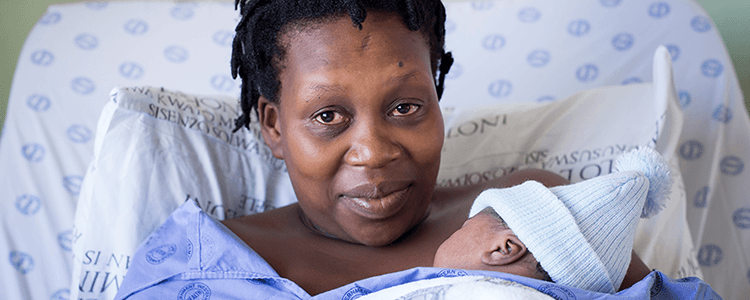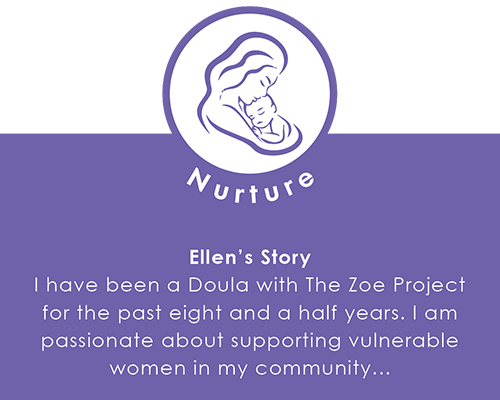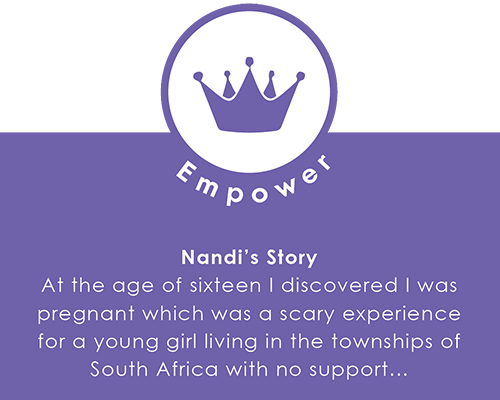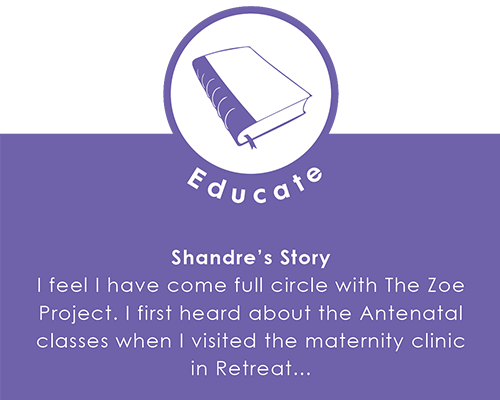
11 Nov SUPPORTING THE ZOE PROJECT
It is women and children in South Africa who suffer the highest burden of poverty and stunting. Our country also has alarming rates of maternal and infant mortality. Contributing to this crisis is food insecurity, substance abuse, limited access to health care and a lack of education with regards to good infant feeding and care practices. Together we can change this, one mother and baby at a time.
Changing lives through maternal health care
The Zoe Project believes that healthy, educated and empowered women can support healthy babies – breaking the cycle of poverty and abuse. They are driven to provide women with options concerning their health and their future and to give them hope and a place of safety where they can seek support for any issue. The Zoe Project treats each and every woman and baby on an individual basis – in a holistic manner – providing maternal and infant care, counselling, food, and clothing as needed. Every woman and child who walks through their door becomes one of the Zoe Family and they are loved, important and heard.
“The Zoe Project is about life” – Tracey Aitken
Founder/ Director of the Zoe Project
A Wholistic Approach
The Zoe Project’s programme model is a holistic approach to achieving good maternal and infant health care – focusing on the first 1000 days of a baby’s life and supporting a mother through pregnancy, birth, infant care as well as other social services including adoption, counselling and substance abuse support.
Their three core programmes are:
1) The First 1000 Days of Life Programme (Antenatal, Mother & Baby classes)
2) Birthing Programme
3) Counselling Services

1) Nurture – According to a new report released by Statistics South Africa close to 35% of pregnant women lived in households that ran out of money to buy food for five or more days in the 30 days prior to the survey due to poverty. The Zoe Project seeks to offer help through a birthing support programme assisting mothers with Doula services (birthing companion) as well as also providing a feeding programme for those who give birth at the MOU’s where we work. We also have many moms who have no means to purchase the essential items needed for their newborn and themselves after birth. We therefore donate a Zoe Pack to these moms which includes clothing for the baby, nappies, and hygiene and sanitation items for moms and blankets.

2) Empower – Poverty and violence is on the rise in South Africa with women and children suffering the highest burden. Many of the women who benefit from The Zoe Project’s counselling services and programmes have been the victims of crime, domestic or gang related violence and most are living below the poverty line. This environment creates a significant burden not only their physical wellbeing – but also on their mental health. In order to support women in our communities The Zoe Project provides counselling services to all mothers who attend pregnancy screening assessments and antenatal classes. They also have an open door policy that provides support for any young girl or woman in the community who requires counselling and guidance for any issue. Last year The Zoe Project saw approximately 10,000 women through their programme.

3) Educate – In the Western Cape, it is estimated that 15% of children suffer from stunting and that inadequate dietary intake, insufficient access to information about breastfeeding and infant feeding practices have been identified as critical factors. The first 1000 days in a child’s life could hold the key to unlocking a child’s life-long potential. By the age of five, almost 90% of a child’s brain will be developed. These are the formative years to a large extent that influence a child’s future as an adult. As such The Zoe Project’s antenatal and mother and baby classes have a critical focus on the first 1000 days of life teaching mothers about good feeding practices, health and hygiene and how to care for infants. Therefore a key objective of this programme is to address stunting and malnutrition affecting infants in our communities and support the targets set out by the Sustainable Development Goals (SDG2 relating to Zero Hunger) in South Africa.



No Comments